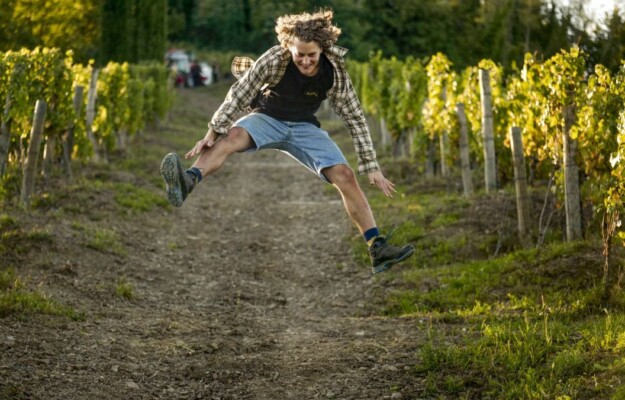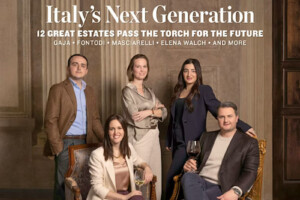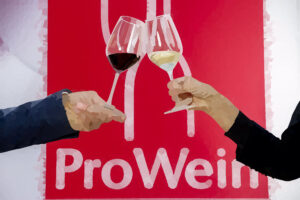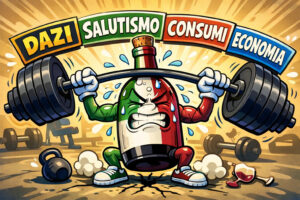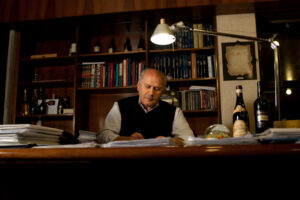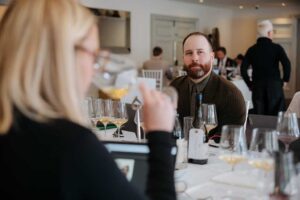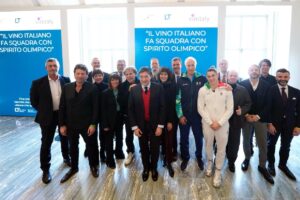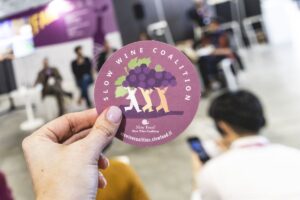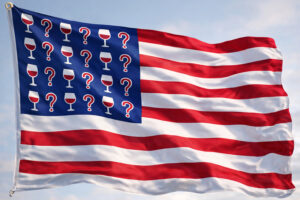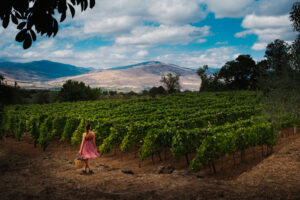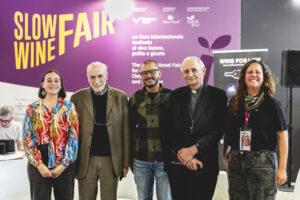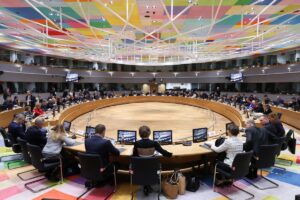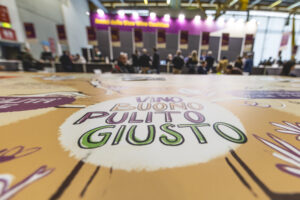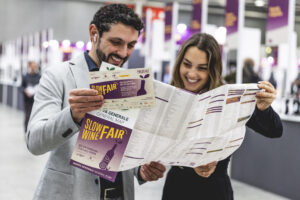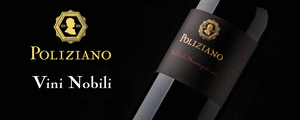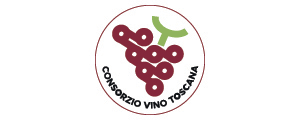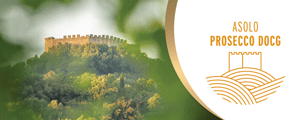For Generation Z, wine is mainly sharing (64%), conviviality (65%), and a connection to the territory (51%). However, nearly 4 out of 10 young people (38%) declare they “don’t understand much about it”, and almost 6 out of 10 (58%) admit they are “afraid of saying the wrong things”. 51% perceive it as a world that is “too technical” and reserved for experts. Analysts explain that this is more a language barrier than a content issue: young people are happy to approach wine but seek more direct, visual, and participatory storytelling and experiences. Words by a Ipsos Doxa survey presented during the panel “Ponti di Gusto - Come l’enogastronomia connette le generazioni in viaggio”, - “Bridges of Taste – How wine and food connect generations on the move” with Wine Tourism Hub at “Be Travel Onlife (Bto)” 2025, one of the most authoritative observatories on tourism trends, held these days at Stazione Leopolda in Florence. The event confirms Italy primacy: our country is the most desired destination in the world for a “reward vacation”, ahead of the United States and Australia. A result which is reinforced even among those who already know Italy, with regular visitors continuing to rank it among dream destinations, a sign of a charm that renews and strengthens over time. However, there is a clear need to refresh language and vision to engage younger generations when talking about wine & food.
Generation Z drinks less but chooses better. It is not disinterest but rather a new form of awareness. According to Wine Tourism Hub data, 75% of young people who consume alcohol say they actively moderate their intake, opting for lighter or non-alcoholic alternatives. The reasons for this shift vary. The first concerns health and personal image, now closely linked to well-being and the influence of social media. Economic factors also matter: the ideal price range for a bottle is between 10 and 25 euros, reflecting young people focus on value rather than luxury. Finally, there is the impact of digital socialization, which, on the one hand, reduces traditional drinking occasions but amplifies the desire for authentic experiences to share. On the web, positive sentiment toward wine & food reaches 86%, overcoming tourism (81%), made in Italy (83%), and culture (84%). Among top sectors, wine ranks first (cited by 56% of higher-income groups), followed by tourism (50%) and fashion (46%): a trio intertwining economy, lifestyle, and identity.
But, sobriety doesn’t signal a detachment from the wine world but rather a quest for coherence and authenticity: the same that, according to Ipsos Global Trends 2024, leads 82% of Italian consumers to believe a brand can “make a profit and support a good cause at the same time”, and 68% to say they are willing to pay more for sustainable and responsible products. Furthermore, an Ipsos study for Fondazione Symbola shows that 58% of Italians associate wine sustainability with higher quality, especially when it translates into taste and goodness (48%), corporate ethics (33%), and care for employees and the community (30%). For citizens, the most crucial phase of a sustainable production cycle is cultivation (55%), followed by packaging and disposal (over 40%). Sustainability is thus perceived as a value indicator, not a cost: a message that resonates strongly with young consumers.
For young people, wine tourism is the most natural way to approach wine. However, according to Wine Tourism Hub, 39% of winery experiences are judged “all the same and too long”, 38% “boring”, and 37% “too technical”. A shift is needed: shorter, more dynamic, and immersive experiences. Picnics among the vines, sunset tastings, music, art, and socializing become new gateways for a generation that sees the winery not as a “classroom” but as a “stage.” Ipsos Future4Tourism data confirms that in the next five years, interest in authentic local experiences will grow by +7% and in food and wine experiences by +6%, driven mainly by younger people.
“Generation Z is not uninterested but doesn’t identify with the way wine is told - explains Lavinia Furlani, president of Wine People - they don’t want to be educated; they want to be involved. They prefer a spontaneous, visual, and accessible narrative where wine becomes a pretext for sharing a moment together”. This is because “wine is the grammar of new tourism - concludes Roberta Milano, scientific coordinator of Bto - it is the language through which Italy can convey authenticity, landscape, and innovation, speaking to generations with a shared vocabulary. Ipsos data shows that value today lies not only in the product but in relationships: between people, businesses, and territories. Food and wine are the bridge that can unite these worlds”.
Copyright © 2000/2026
Contatti: info@winenews.it
Seguici anche su Twitter: @WineNewsIt
Seguici anche su Facebook: @winenewsit
Questo articolo è tratto dall'archivio di WineNews - Tutti i diritti riservati - Copyright © 2000/2026










